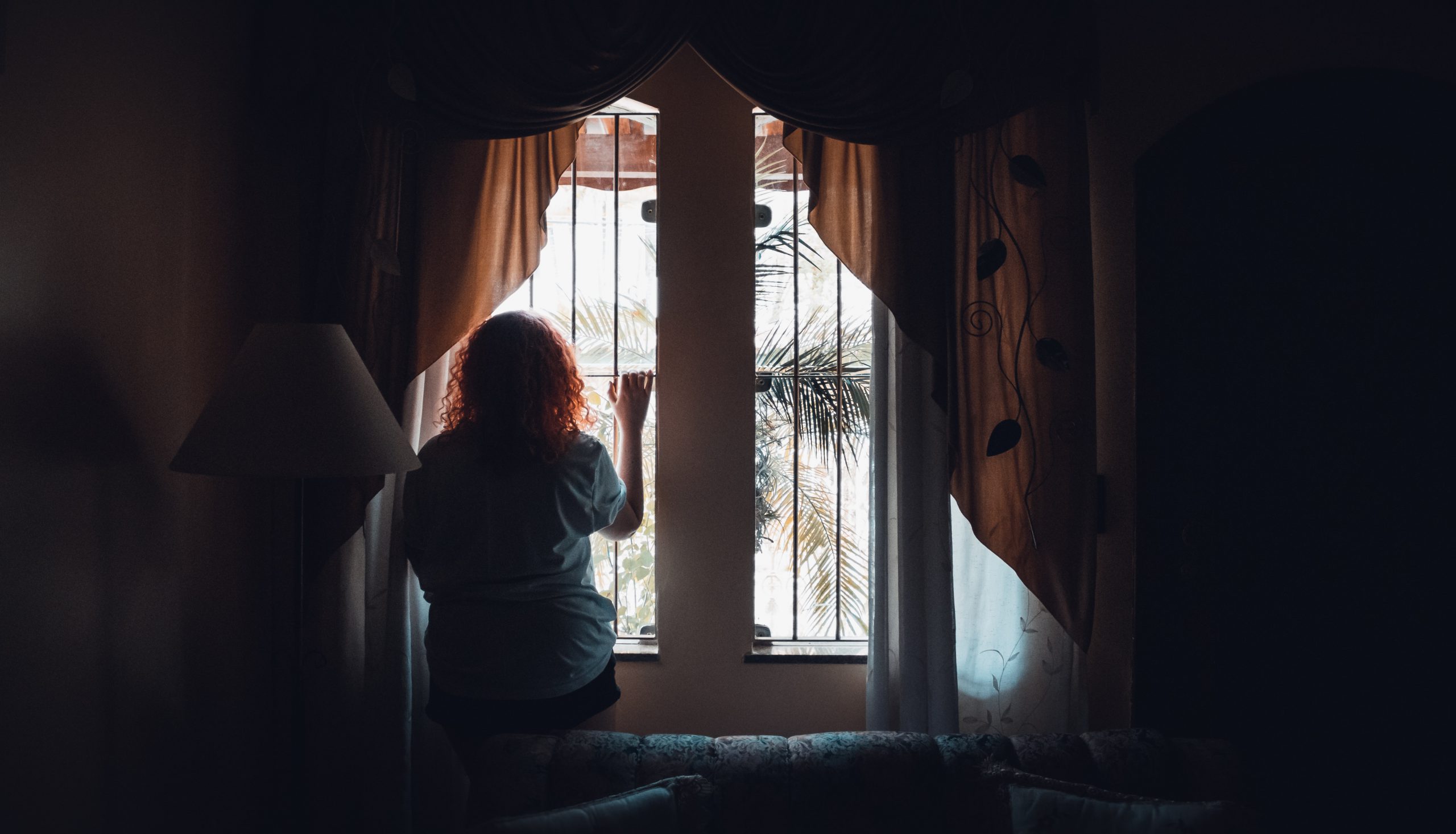What Does Quarantine Mean?

The Covid-19 coronavirus pandemic has affected almost every country worldwide. Because it is a disease that can be transmitted via respiratory droplets, one of the things experts and governments advice people to do is to quarantine themselves. This leads to several questions especially for people who are not familiar with the term “quarantine”. What does quarantine mean? Should you quarantine yourself? What exactly do you need to do while in quarantine?
The dictionary definition of “quarantine” is a state, period, or place of isolation in which people or animals that have arrived from elsewhere or been exposed to infectious or contagious disease are placed. In the context of the Covid-19 pandemic, you can either be quarantined by the government or you can also self-quarantine yourself. This will depend on different factors.
Contact Us Today for a Confidential Assessment.
Call (877) 959-5909 Now to Speak with a Specialist
Quarantine due to travel history
Covid-19 is believed to have originated in Wuhan, China. With many Wuhan residents becoming infected, the city was placed in a lockdown which means no one is allowed to leave or enter. However, U.S. citizens in Wuhan were evacuated by the United States and all evacuees were placed under 14-day legal quarantine. This means that they will not be released or allowed to go back home unless they are proven to be healthy and not carrying the virus.
During the early days of the Covid-19 pandemic, people who have traveled to countries where the virus is widespread such as China, Italy, or Iran were also advised to place themselves in self-quarantine inside their homes for at least 14 days. This means that they should not go out and should not interact with other people for two weeks as a safety measure so that they will not spread the virus in case they have been infected. However, as the virus started to spread all over the world, people with any recent travel history regardless of the country they traveled from were advised to quarantine themselves as well.
Quarantine due to history of exposure to Covid-19

How to self-quarantine?
When you are in self-quarantine, you should avoid contact with the outside world. If you live with people who did not travel with you or do not have a history of exposure, it is best to stay in a separate room or area of the house and avoid any contact with your housemates. Use a separate bathroom, eating utensils, towels, and other items. Ask a family member to wear gloves and a face mask when delivering your food or other essential items.
If the entire household is compromised, all members should avoid interacting with anyone outside the house. If you need essentials, use delivery services but you should still avoid direct contact with the delivery people.

If you develop any symptoms such as fever, dry cough, and shortness of breath, you have to self-isolate if you are living with other people. Monitor your symptoms and call a medical provider. Don’t go immediately to the emergency room, instead call first and speak to a doctor to discuss your symptoms and what you should do.
You should wear a face mask and also ask a caregiver who is living with you to wear a mask when you interact with them. Other members of the household should wash their hands frequently and disinfect surfaces that you may have touched.
If you develop emergency warning signs for Covid-19 including but not limited to trouble breathing, persistent pain or pressure in the chest, new confusion or inability to arouse and bluish lips or face, contact 911 immediately.
For more information, visit coronavirus.gov













